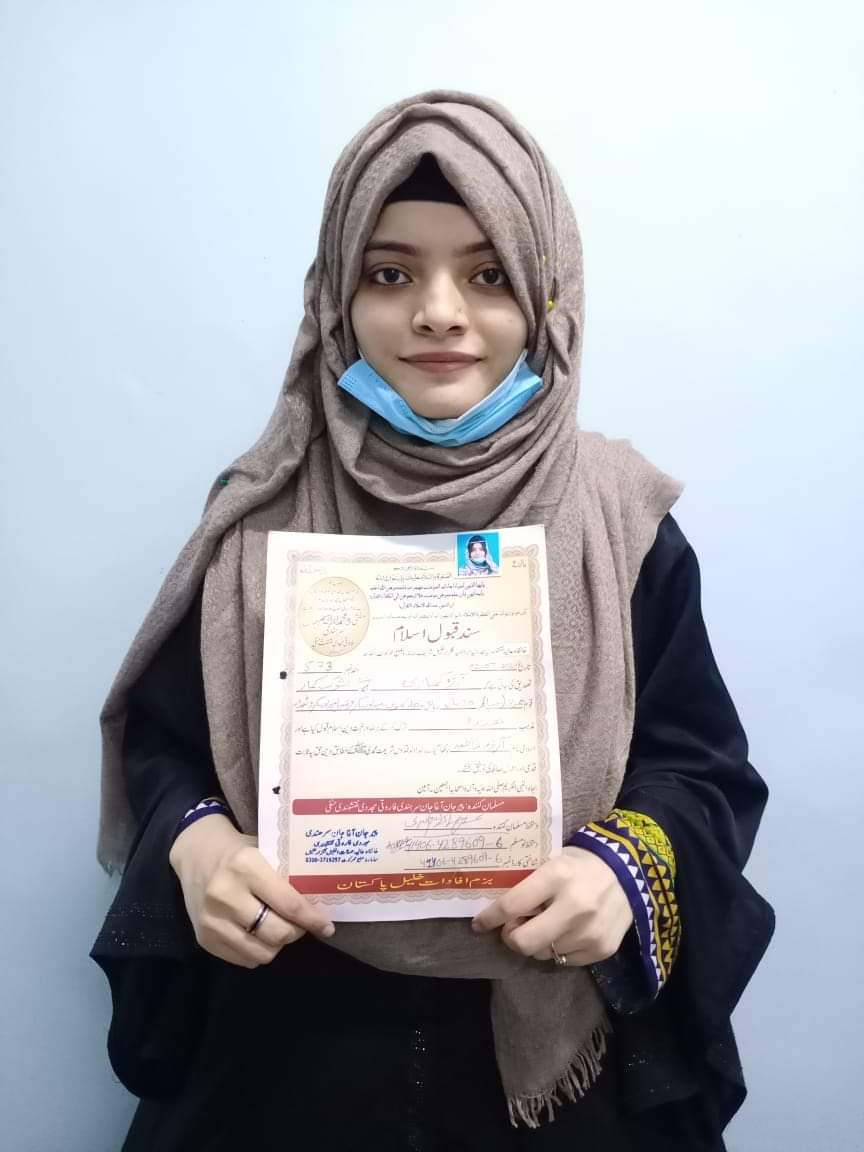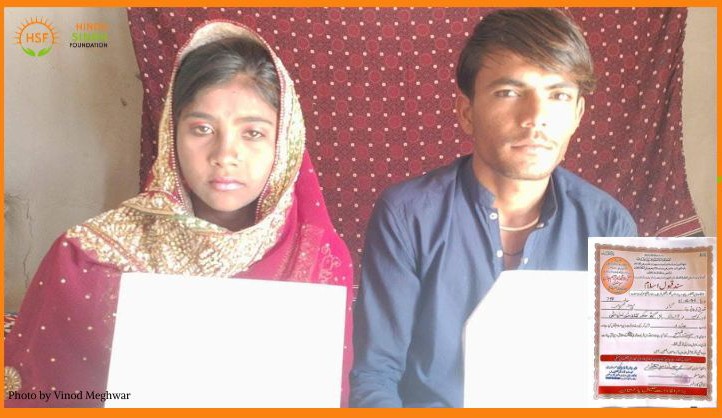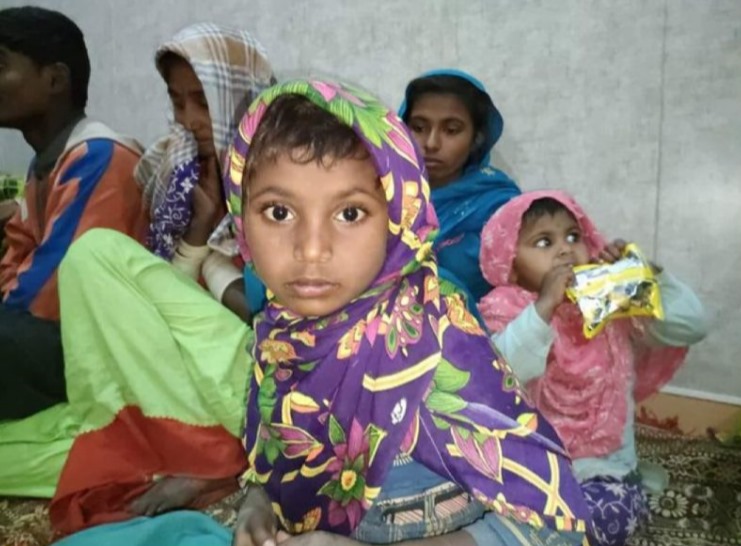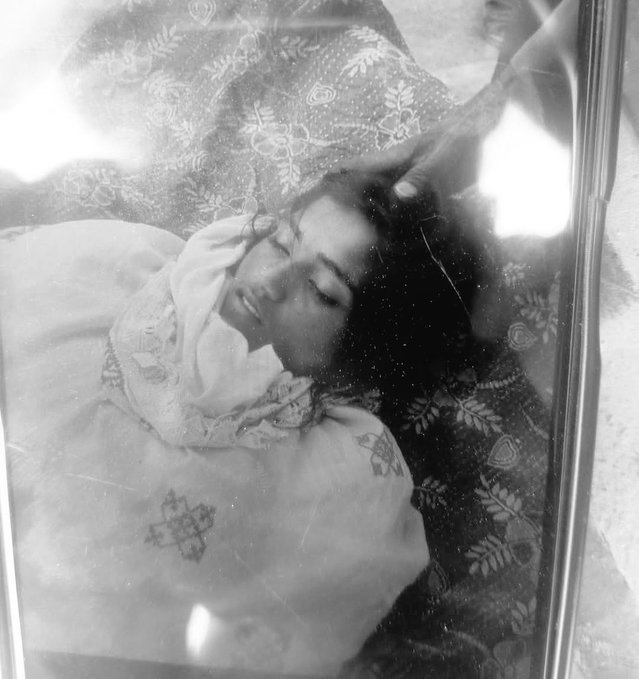On July 2, 2024, an incident occurred in Mirpur Sakro, Sindh, Pakistan, that has stirred up a storm of indignation and concern. Arzoo Kumari, the daughter of Ashok Kumar, was forcibly converted to Islam by Pir Ayub Jan Sarhandi in Samaro. Following her conversion, she was given a new name, Arzoo Fatima.
This incident is yet another grim reminder of the precarious situation of religious minorities, especially Hindu girls, in Pakistan. It underscores the urgent need to address the issue of forced conversions and religious intolerance that continues to plague the region.
Reports and reactions from local communities suggest that Arzoo’s conversion was not voluntary. Many may argue that she seemed content in her new life, but the truth behind her happiness remains known only to her. This scenario is a common one in cases of forced conversions, where the victims are coerced into projecting an image of contentment, while their true feelings are concealed.
The plight of Arzoo and many girls like her has sparked outrage and concern among human rights activists, minorities, and civil society both within and outside Pakistan. It is a wake-up call for the authorities to take immediate action to protect the rights of religious minorities and to put an end to such heinous practices.
It is our collective responsibility to stand up against such injustices and to ensure the protection of the rights of all individuals, regardless of their faith. The demand is for justice for Arzoo and many others who have fallen victim to such atrocities.
The international community, human rights organizations, and activists must join hands with the victims of forced conversions and their families to raise their voices against such practices. Only through collective action can we hope to put an end to this cruel practice and ensure that every individual has the freedom to practice their faith without fear.
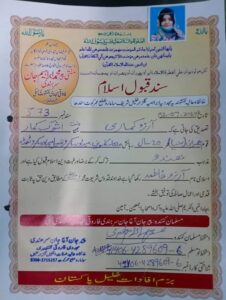

For more updates and detailed coverage of this case and other issues affecting the Hindu and Sindhi communities in Sindh, Pakistan, stay tuned to Sindh Renaissance.



